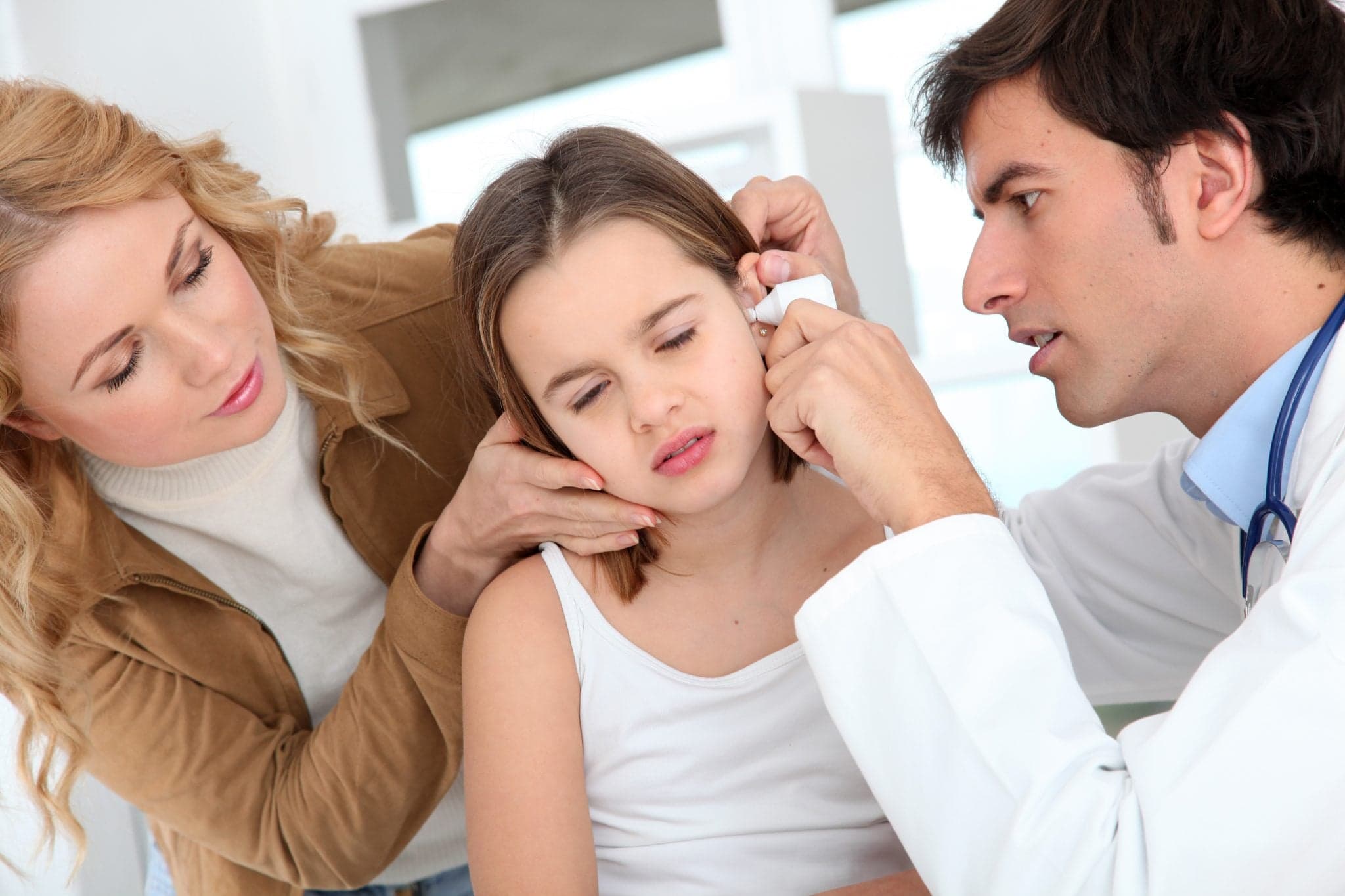
2023-04-06T14:20:05
What you need to know about Oral, Head, and Neck Cancer
- Ear, Nose, Throat
- Medical Oncology
July 21, 2017 | Ear, Nose, Throat
Specialties:ENT (Ear, Nose and Throat)

A common treatment for children with persistent fluid buildup in the ear or regular ear infections is called ear tubes (also known as tympanostomy tubes, ventilation tubes or pressure equalization tubes). These are small, hollow cylinders that are surgically inserted into the eardrum.
The purpose of an ear tube is most often to provide long-term drainage and ventilation to ears that have had persistent fluid buildup or chronic infections. Here’s what you can expect before, during and after an ear tube procedure if one becomes necessary for your child.
First, your doctor will give you instructions on how to prepare your child for surgery. You’ll be asked about medications they take, any family history of reactions to anesthetics and any known allergies or negative reactions to medications like antibiotics. You’ll also get a chance to ask questions about the procedure, including whether your child needs to fast.
Once you’ve arrived for the procedure, your doctor will administer anesthetic. From here, the surgical team will place several monitors on the chest to make sure that heart rate, blood pressure and oxygen levels remain consistent through the procedure.
The procedure for an ear tube usually takes about 15 minutes. The steps are as follows:
After surgery, your child will be moved to a recovery room where they’ll be watched for any complications from surgery or the anesthetic. Assuming no issues are present, you will be allowed to go home within a few hours. Expect your child to be sleepy and irritable for the rest of the day, and potentially nauseous from the anesthetic.
In most cases, children will be able to resume regular activities within 24 hours after surgery. Any hearing loss caused by fluid in the middle ear will be immediately resolved by this surgery.
If there are no complications after surgery, standard follow-up care includes:
If you notice a yellow, brown or bloody discharge from the ear that persists for over a week, or if your child has consistent pain, hearing or balance issues, contact your doctor immediately.
“Ear tubes.” The Mayo Clinic. http://www.mayoclinic.org/tests-procedures/ear-tubes/home/ovc-20199999
“Tubes for Ear Infections.” WebMD. http://www.webmd.com/cold-and-flu/ear-infection/tubes-for-ear-infections
WRITTEN BY:
The Live Better Team

2023-04-06T14:20:05

2019-04-02T10:47:01

2018-03-14T14:58:17

2018-01-10T09:30:55
This information is not intended to replace the advice of a medical professional. You should always consult your doctor before making decisions about your health.